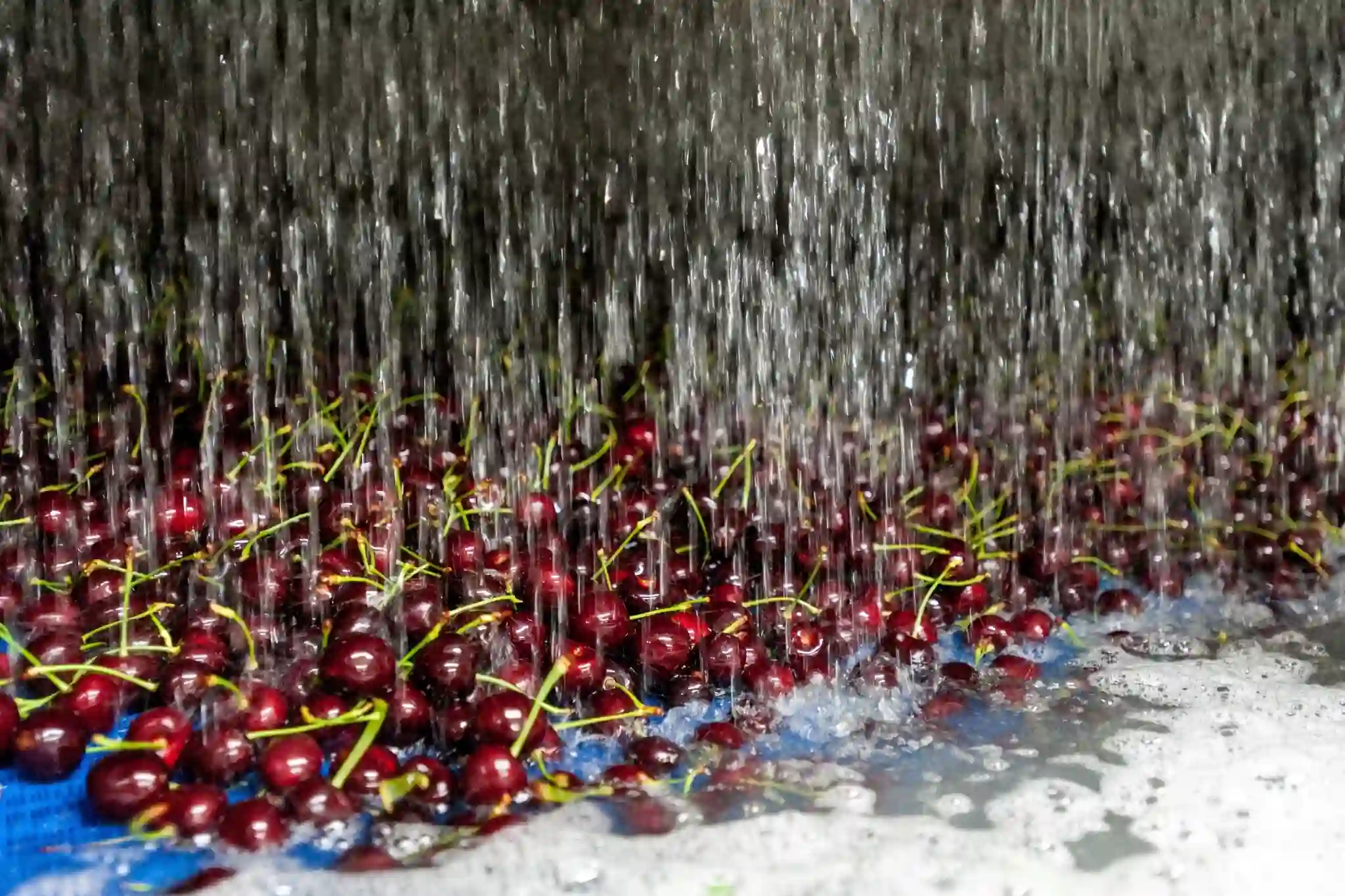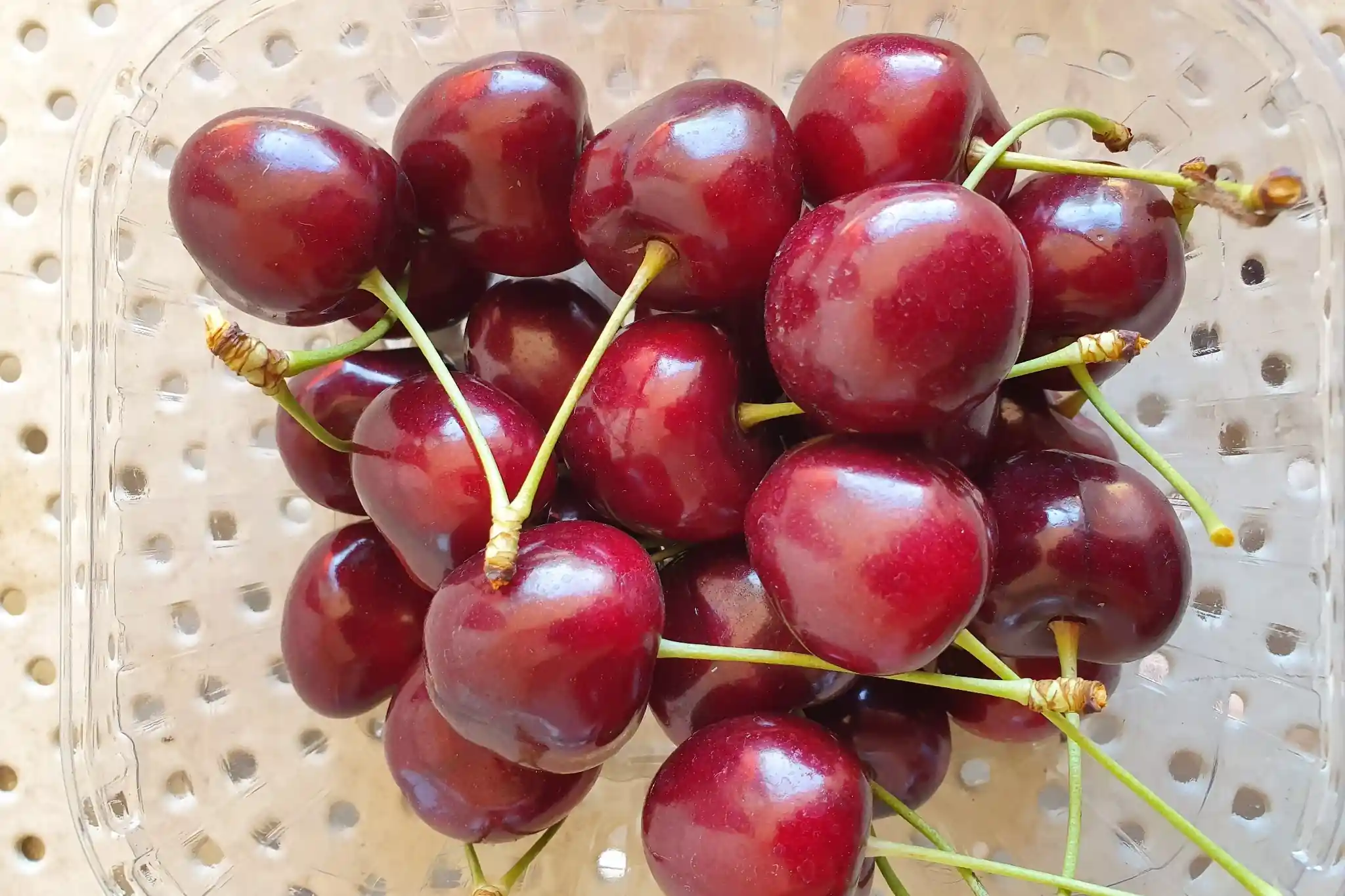The revision of cherry quality standards in force in the United States has been stalled for years, hindered by an uncertain regulatory environment. The Washington Cherry Marketing Committee has long been trying to update the rules to align them with new market demands, but the process remains frozen due to the regulatory legacy of the Trump administration.
Reform of the standards on hold
During the annual meeting of the Washington Cherry Marketing Committee, held in May, members revisited a proposal first introduced the previous year: to revise the minimum size standards to exclude so-called “12-row” cherries, too small to retain any significant commercial value.
The adjustment would also provide for more effective insurance coverage for unsellable fruit, thus offering greater economic protection for growers. “The industry has changed a lot over the past decade. Today, insurance is a key economic factor for us growers,” explained Julie Bosma, a producer from Yakima Valley and Committee member.
The proposal has already been approved by the Committee, but formal approval by the USDA (United States Department of Agriculture) has been stalled for a long time. Why? The deregulation policy pushed by the previous administration, which required repealing ten rules for every new one introduced, created a regulatory bottleneck that remains unresolved.
Mixed packaging
Another topic on the agenda concerns the introduction of a “mixed” package containing both Rainier and dark cherries. The idea, proposed by a packer and supported by B.J. Thurlby, president of Northwest Cherries, sparked interest within the Committee, but also encountered technical hurdles.
The main issue lies in inspection: the two varieties are subject to different standards, complicating quality control. Thanks to the collaboration between WSDA, USDA, and Northwest Cherries, a temporary solution was found to inspect the two types separately before packaging. However, if the format proves successful, a permanent regulatory change will be necessary.
Ideological pressure
Meanwhile, some conservative factions in the United States are pushing to abolish marketing orders and checkoff programs altogether. According to the “Project 2025” political initiative, developed by the Heritage Foundation, these tools are examples of excessive government intervention and should be replaced with voluntary private sector initiatives.
Although not yet officially adopted, the Trump administration had already taken a similar direction by blocking any new regulatory developments tied to commodity committees.
An uncertain outlook
At a time of major change for the cherry industry, the lack of regulatory clarity risks slowing innovation and exposing growers to greater economic risk. On the one hand, there is an urgent need to update standards to reflect current market dynamics; on the other, the regulatory process appears stuck in a web of political and ideological constraints. The cherry season may need not only good harvests, but also good laws.
Text and image source: goodfruit.com
Cherry Times - All rights reserved










